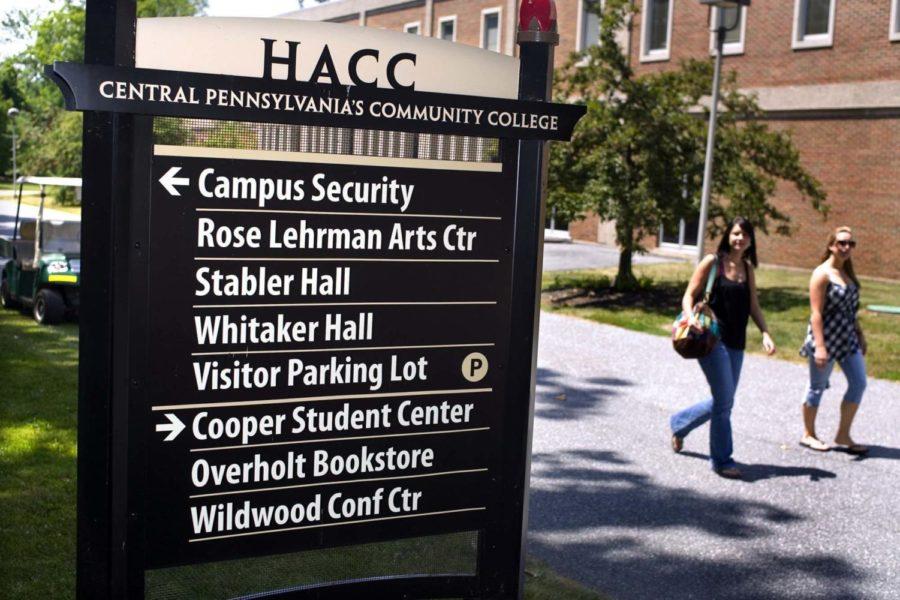Editorial: Don’t eliminate mental health counseling at colleges
The Harrisburg Area Community College, which serves more than 17,000 students on campuses in Harrisburg York, Lancaster, Lebanon and Gettysburg, has eliminated all on-campus mental health counseling, a move experts said was risky at a time of growing demand.
October 16, 2019
October is Mental Health Awareness Month at Pitt, and the Student Government Board has increased the number of events that it’s sponsoring throughout the month.
The increased attention surrounding mental health resources on campus is part of a national trend based on higher rates of depression and anxiety among college students. One community college in Pennsylvania has gone in the opposite direction, however, deciding to eliminate all on-campus mental health counseling for its students and choosing instead to send students to off-campus providers. This is a problematic and extremely risky decision, and it’s the opposite of what colleges should be doing with mental health services.
Harrisburg Area Community College is Pennsylvania’s largest community college system, with campuses in Harrisburg, York, Lancaster, Lebanon and Gettysburg. According to an internal memo, the college told counselors at all campuses to stop individual and group counseling starting in mid-September. These changes weren’t publicly announced and the student body wasn’t informed of them.
HACC, like other community colleges across the country, has been struggling in the face of falling enrollment — this year’s enrollment is 17,400 students, as compared to 20,000 in 2014. The college’s budget deficit is currently $2.7 million.
John Sygielski, the president of HACC, attributed the elimination of mental health counseling to a larger effort to reorganize the services offered by the college.
“There has been an increase in demand for virtual services and flexible services outside of regular office hours,” Sygielski said in a statement. “With the reorganization, external counseling services will augment the college’s services by providing extended hours and, in some cases, 24/7 service.”
Counselors at HACC will assist students in areas other than mental health, including academic goal setting, career exploration, balancing college and other aspects of life and connecting students with food, shelter and transportation resources.
Eliminating mental health counseling is extremely dangerous, given the mental health crisis colleges and universities currently face. Suicide, as of 2017, was the second-leading cause of death for people between the ages of 15 and 24, according to the Center for Disease Control and Prevention.
A report from earlier this year by the American College Health Association shows just how bad students’ mental health is. According to the report, 58.6% of women and 47.9% of men reported feelings of hopelessness within the last 12 months, 47.6% of women and 37.1% of men felt so depressed that it was difficult to function within the last 12 months and 33.4% of women and 19.4% of men felt overwhelming anxiety within the past 2 weeks. The same report goes on to detail shockingly high percentages of students who have been diagnosed or treated for anxiety and depression within the past year.
This is obviously not the time to be eliminating or outsourcing mental health resources for students. If anything, HACC should be increasing its resources by any means possible. Its new policy is shameful and poses a danger to students.








